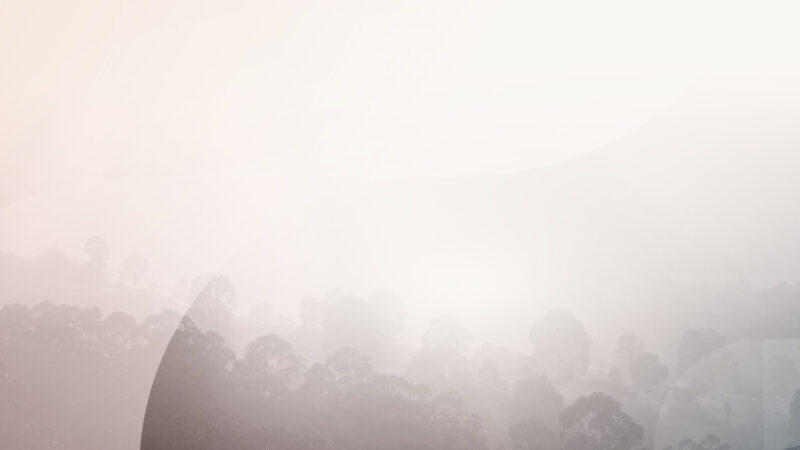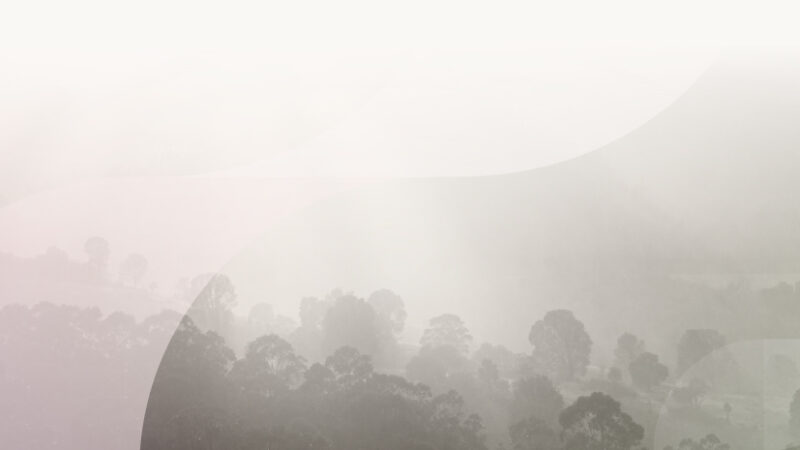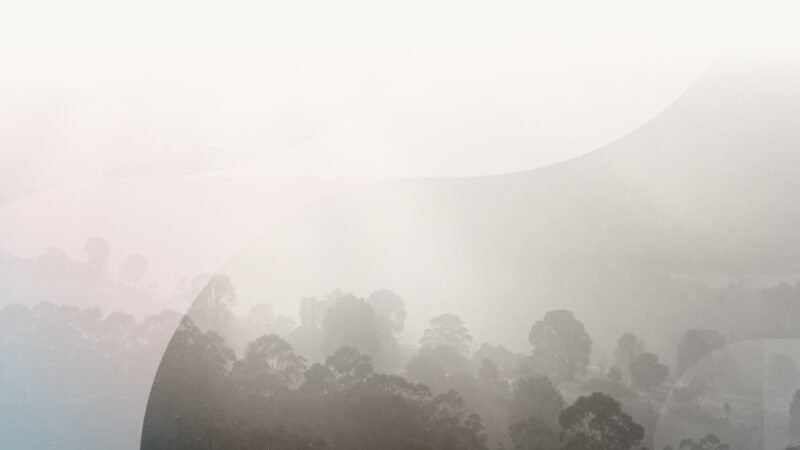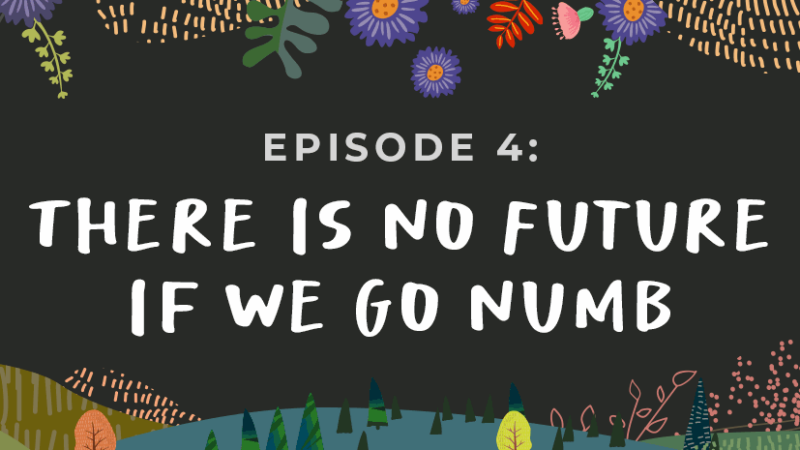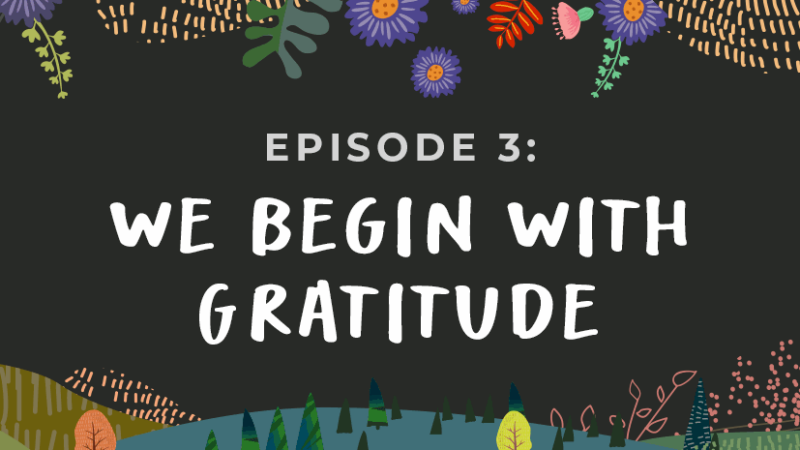
I am honored to have this opportunity to share with you a topic that is very dear to me: work. We spend nearly half of our waking hours at work. Because of this, many of us seek a workplace that supports our personal/spiritual aspirations. This generally translates into searching for a job that is “people friendly.” Regardless of where you work, however, there are going to be situations that don’t align with your concepts, views, and preferences. When that happens, some people think it’s time to move on and find an environment that better suits them.
The Untethered Soul at Work presents a real paradigm shift from this way of thinking. Spiritual growth is always about change and transformation, but this does not mean changing the outside—it means changing the inside. A truly spiritual approach to our time at work is to see it as a phenomenal opportunity to go through the changes we need to go through to become more open and accepting. In the end, peace doesn’t mean finding a limited, controlled environment that does not hit our “stuff”—it means using our everyday environment to let go of our stuff so that we can be unconditionally peaceful.
When we approach work as an opportunity to express ourselves as well as to remove the inner blockages that keep us bound, we truly make work a holy place. The Untethered Soul at Work guides us and encourages us to view the challenges in the workplace as opportunities to grow spiritually. Many examples are given of how to face everyday situations so you come out the other side a more liberated person. When at the end of every workday you are a greater person than you were in the morning—you have used your day well. When you have reached the state where you are enthused to come to work every day for the challenge of letting go of your blockages—work becomes a win-win situation. You cannot lose—every experience is for your spiritual transformation.
We cannot always change our environment, but we can change how we interact with it. True mindfulness means staying centered and clear enough to use every moment life presents you to free yourself from yourself. Work is always a spiritual place—if you learn to use it that way.

Michael A. Singer is the author of the #1 New York Times bestseller The Untethered Soul: The Journey Beyond Yourself. In 1971, while pursuing his doctoral work in economics, he experienced a deep inner awakening and went into seclusion to focus on yoga and meditation. In 1975, he founded Temple of the Universe, a yoga and meditation center where people of any religion or set of beliefs can come together to experience inner peace. Through the years, he has made major contributions in the areas of business, the arts, education, healthcare, and environmental protection. For more information about The Untethered Soul®, please visit untetheredsoul.com.

Listen to The Untethered Soul At Work wherever you buy your audiobooks!
Sounds True | Amazon | Audible





